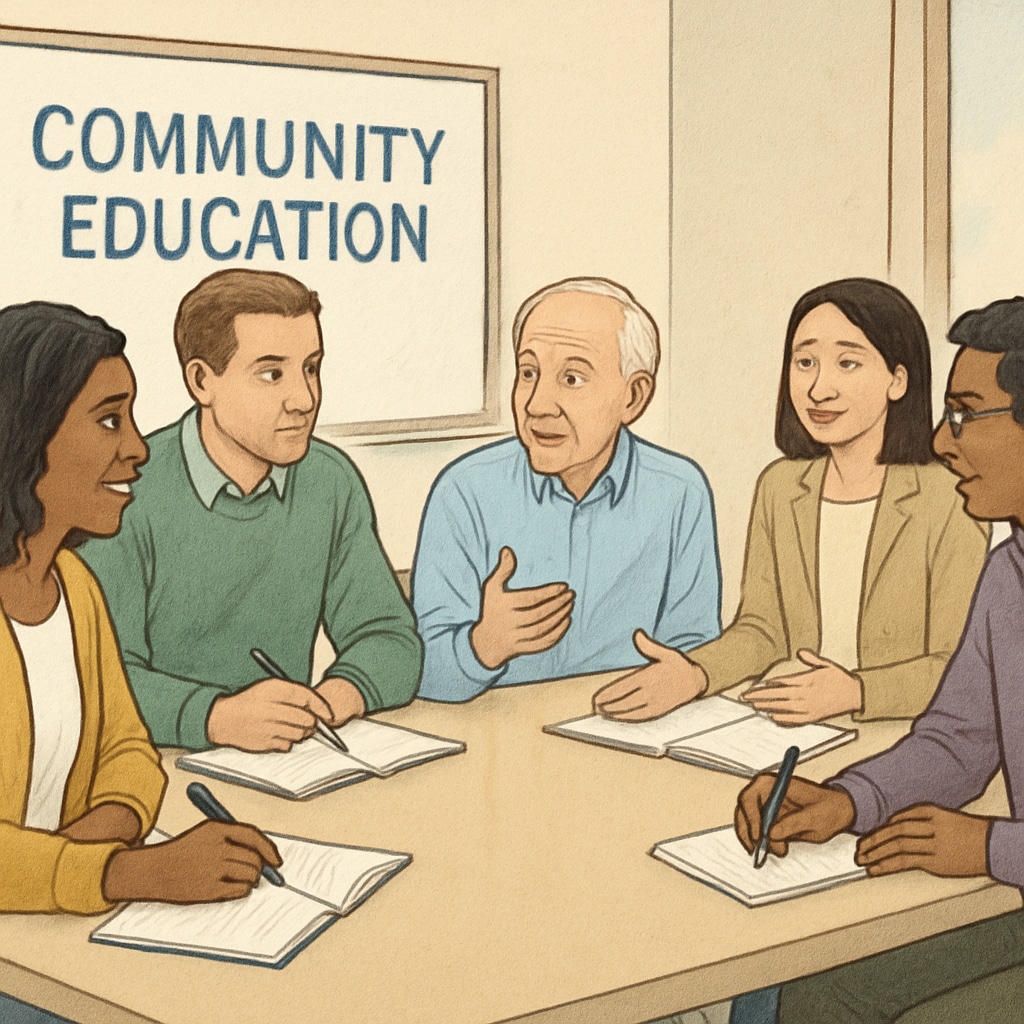For many adults, gaps in basic education can feel like an insurmountable obstacle to personal or professional growth. Whether due to life circumstances, health issues, or other challenges that led to missing formal schooling, the desire to catch up and build a solid educational foundation remains strong. This guide offers practical advice on how adults can approach self-study to address education gaps with confidence and purpose.
Why Addressing Basic Education Gaps Matters
Education is not only the cornerstone of career development but also a key factor in personal empowerment and social mobility. Without a solid foundation in basic subjects such as math, reading, and writing, many adults find themselves at a disadvantage in both the job market and day-to-day life. However, it’s important to remember that it is never too late to start learning. Adults possess unique advantages, such as life experience, discipline, and the ability to set clear goals, which can make the self-study process highly effective.

Steps to Begin Self-Study for Basic Education
Starting your educational journey can feel overwhelming, but breaking it into manageable steps can make it achievable. Here are some key steps to begin:
- Assess Your Current Knowledge: Understanding your starting point is crucial. Take diagnostic tests or review basic-level materials to identify areas that need improvement.
- Set Specific Goals: Define clear, actionable goals such as mastering fundamental math concepts, improving reading comprehension, or enhancing writing skills.
- Create a Learning Plan: Develop a schedule that fits into your daily routine. Consistency is key—allocate time each day or week for focused study.
- Use Accessible Resources: Leverage free and paid resources, such as online tutorials, educational apps, library books, and community adult education programs.
- Track Progress: Regularly evaluate your progress to stay motivated and adjust your learning strategies as needed.
Recommended Learning Resources for Adults
Today, numerous resources cater specifically to adults seeking to fill gaps in their basic education. Here are some examples:
- Khan Academy: Offers free courses in math, science, and other foundational topics.
- Coursera: Provides access to beginner-level courses on various subjects, free or paid.
- Local Libraries: Many libraries offer free learning materials, workshops, and computer access.
- Adult Education Programs: Community colleges and nonprofit organizations frequently run basic education classes tailored to adult learners.

Overcoming Psychological Barriers to Learning
One of the biggest obstacles to returning to education is overcoming fear and self-doubt. Many adults worry about feeling “too old” to learn or fear failure. Here are some tips for overcoming these challenges:
- Embrace a Growth Mindset: Understand that learning is a lifelong process. Mistakes are opportunities to grow.
- Seek Support: Connect with friends, family, or online communities for encouragement and advice.
- Celebrate Small Wins: Acknowledge every achievement, no matter how small, to maintain motivation.
- Start Small: Begin with manageable tasks to build confidence before tackling more complex subjects.
As a result of persistence and dedication, adults can not only fill their education gaps but also develop skills and confidence that serve them in all areas of life.
Readability guidance: Keep paragraphs concise while ensuring a logical flow of ideas. Use lists or bullet points for clarity. Incorporate transition words like “therefore,” “as a result,” and “for example” to improve readability and maintain engagement.


